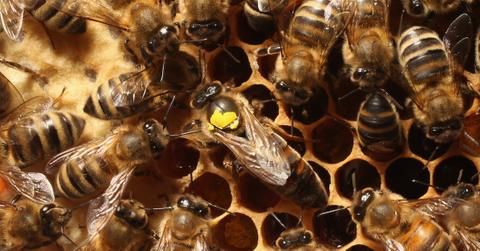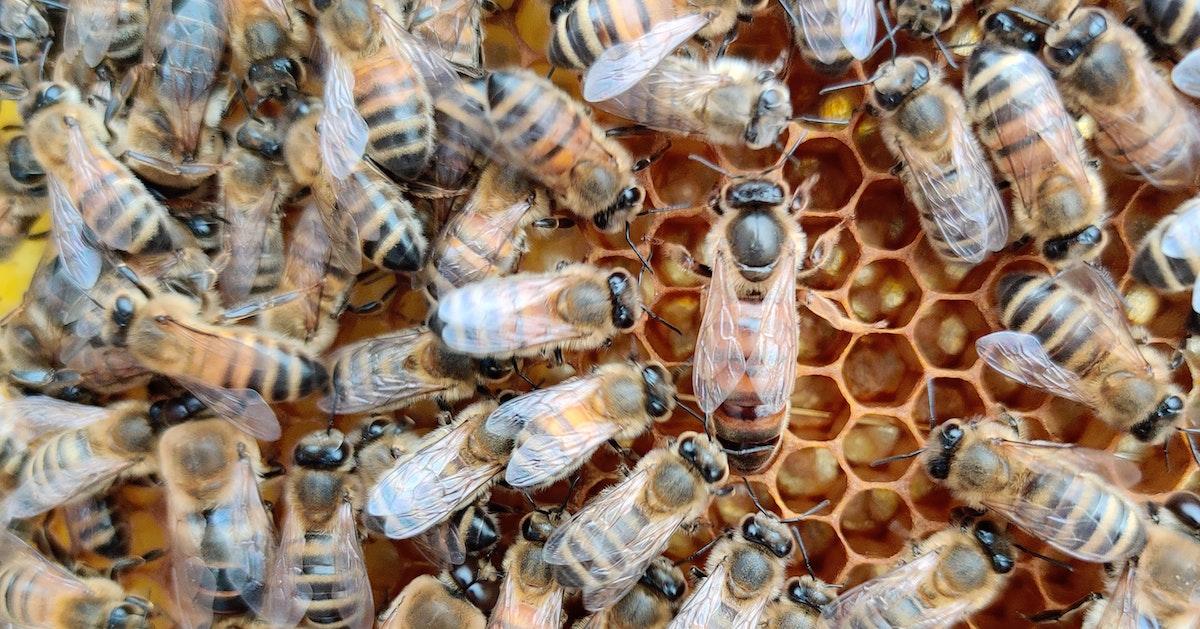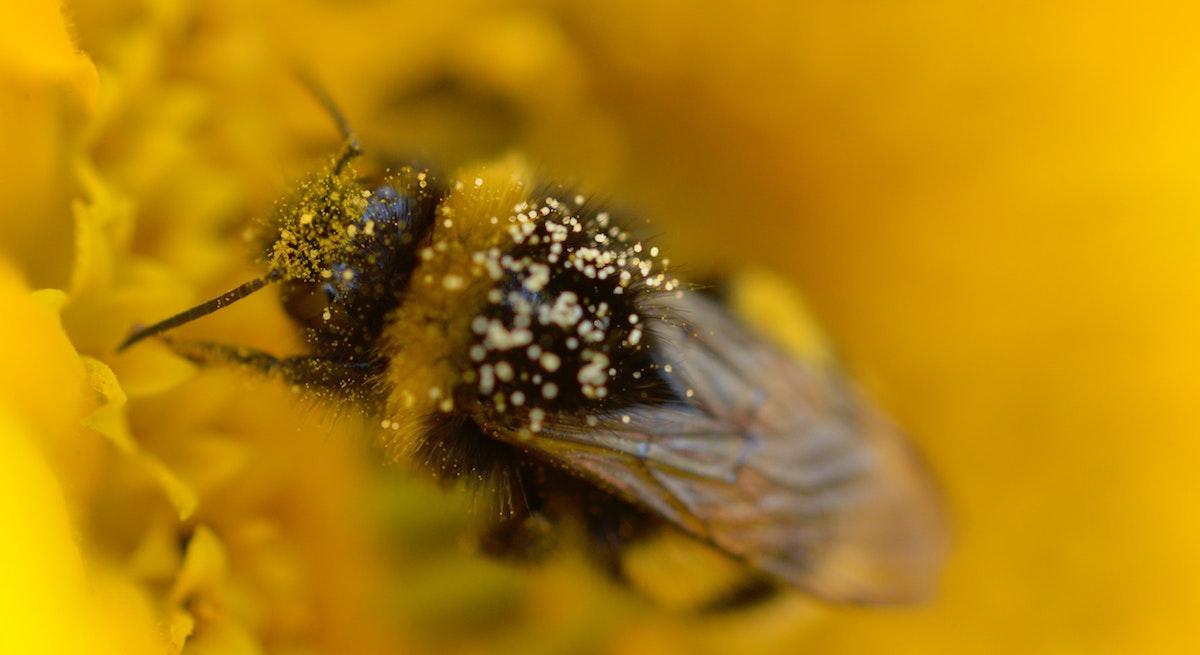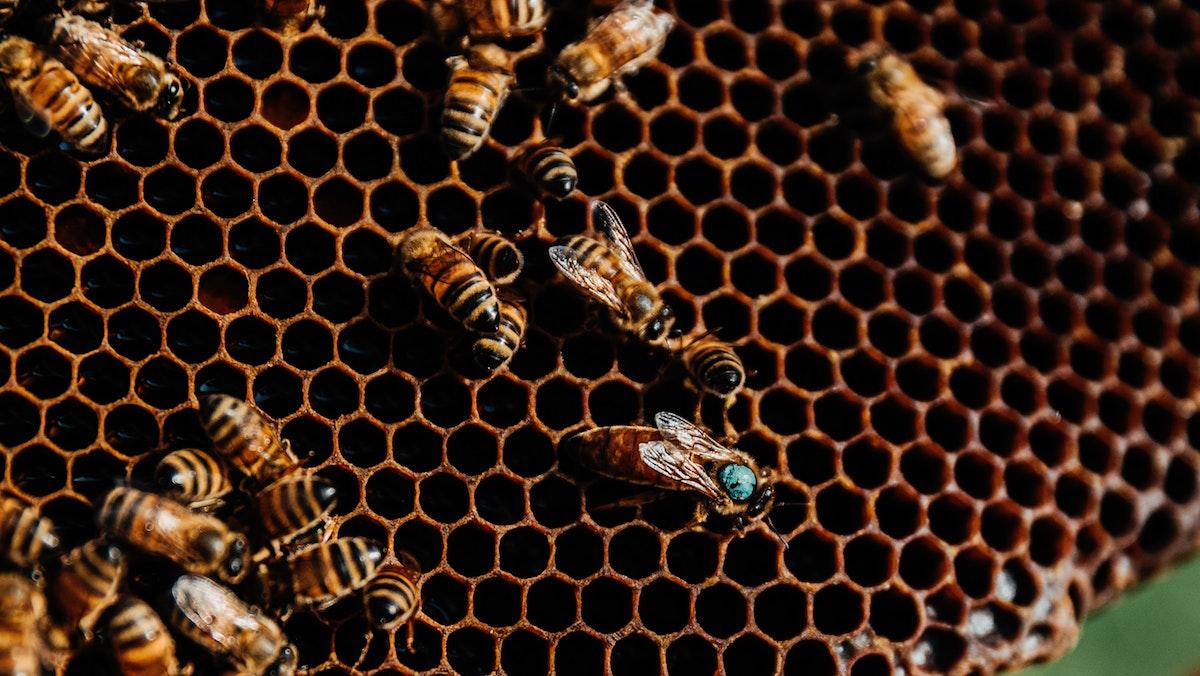An Ill-Fated Reign: Why Bees Might Reject Their Queen
Published Sept. 30 2021, 4:45 p.m. ET

Eusocial insects represent the highest level of insect intelligence. They exhibit communal brood care, cooperative food gathering and preparation, and a division of labor. In addition, bees, ants, termites, and other eusocial insects typically follow and serve the alpha female or queen of their colony. But what happens when a colony rejects their queen, and why would bees reject a queen, in the first place?
Why would bees reject a queen?
The answer is simple: because she just wasn't fabulous enough. We’re kidding, of course. According to Bee Culture, one of the most common scenarios for rejection is that older worker bees see the unfamiliar new queen as an invader of sorts. This situation arises most often in beekeeping when fallen queens are physically replaced by the beekeepers themselves.
Sometimes new queens are born and raised up inside the beehive itself, but if the workers are incapable of doing so, a queen from another hive might have to be brought in. Even if the drones cannot make a new queen, an unfamiliar or offensive scent on a new queen can spell disaster for a new queen. If the queen is unmated or mated with drones from other colonies, the result will likely be the same.
If the queen is introduced into the hive in a separate cage, slowly, the existing bees might come to accept the new queen. But even this doesn’t always work.

What happens when bees reject a queen?
Off with her head! (We have a million of 'em.) In all seriousness though, if the queen is rejected, she will die. According to School of Bees, workers who see the queen as an invader will form a ball around her and sting her until she is dead. This method of execution is almost always fatal, but if the queen survives the initial attack, she might last long enough for the other bees to finally accept her.

Why do some bees kill the queen?
Queen bees might be killed for smelling the wrong way or for having sterile male offspring that result from ill-dated mating. According to The Conversation, queens that lived in colonies that contained sterile males died under “mysterious circumstances” about 10 days after those males were uncovered.
The gist of the research study that identified this trend was that queens who lay with sterile males smelled inherently different to workers. Those sterile drones got their blank stank all over the queens, who were now seen as a threat by the workers. The other theory is that the workers smelled the “potentially childless” queen as inadequate to the colony’s continued survival. Therefore, killing her would be the best way for the colony to start over and survive.

What happens if you kill a queen bee?
If you kill her? Shame on you! According to Beeopic Beekeeping, a queen bee’s death results in some significant changes within the hive. First, the workers will begin to him differently than they did a few hours prior. This is due to the fact that the queen’s “well-being pheromones” are no longer being shuffled around the hive. The workers can smell that she is no longer there.
The workers will then become stressed, but they’ll hop to it and select a few eggs and larvae to be raised as virgin queens. No one knows why they choose which larvae, but the bees seem to know which ones are bred to lead. In about 15 days, the larvae will pupate into virgin queens, who will fight each other until a victor emerges. The winner will go to a drone segregation area of the hive to begin mating. A week later, if all goes well, the new queen should start laying eggs.